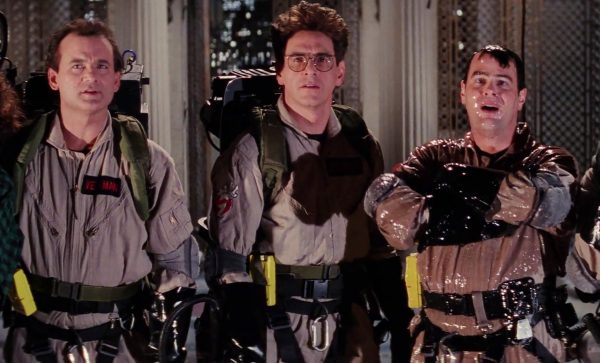The ’80s marked a profound shift in filmmaking. The New Hollywood era ended and movies morphed from radical character dramas to high-concept blockbusters, spearheaded by filmmakers such as Steven Spielberg. 1989, in particular, saw the release of several significant movies. Not only would the end of the decade result in the birth of franchise filmmaking, but it would also offer a variety of great genre movies to choose from. To celebrate the movies of 1989, we’ve gathered some of the best films celebrating their 30th anniversary this year.
Best to worst: RANKED! Tim Burton Films
Guilty pleasures: 10 Movies Dudes Will Never Admit To Watching, And Why We Love Them
Follow Mandatory on Facebook, Twitter, and Instagram.
The Best Movies From 1989
-
'Batman'
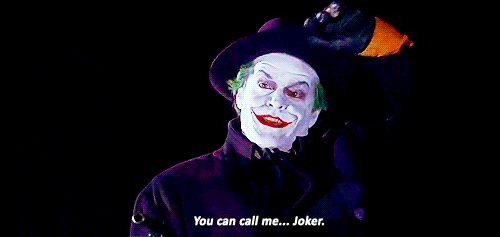
Of all the movies released in 1989, there’s no question that Batman had the biggest cultural impact. More than any other superhero movie within the genre, Tim Burton’s film is remembered for being far more influential to the cultural zeitgeist than it is for being a great movie. From Prince’s music to the film’s incessant merchandise marketing and promotion, Bat-Mania was at a fever pitch in the summer of 1989. Aside from this, Jack Nicholson’s iconic performance as The Joker still steals the show and Michael Keaton manages to bring an unexpected level of nuance to the titular character. Although Batman is certainly not a perfect movie, it is an important one.
-
'Bill & Ted's Excellent Adventure'
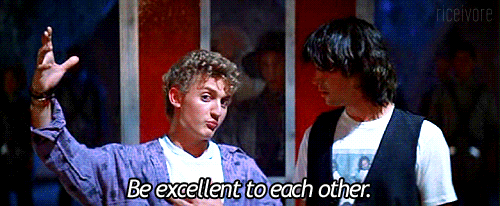
Bill & Ted’s Excellent Adventure may not be the most prestigious film of 1989, but it certainly is one of the most memorable. The miraculous thing about the science fiction comedy is that, despite a myriad of factors that shouldn’t make it work, Bill & Ted has managed to retain a cult following for over three decades. While the film was certainly no flop when it came out, it has managed to gain more relevance than even the filmmakers might have imagined. More than anything, the messages of positivity and togetherness that Bill & Ted send are as important as ever.
-
'Indiana Jones and the Last Crusade'

Although Raiders of the Lost Ark is undoubtedly an all-time action/adventure classic, Indiana Jones and the Last Crusade isn’t far behind. As the intended trilogy-capper for the series, the threequel ultimately serves as a great happy medium between the first and second films. Despite being filled with Spielberg’s trademark sentimentality, it’s also one of the rare sequels to end a trilogy in a fulfilling way. Combined with dynamite casting and great chemistry between Sean Connery and Harrison Ford, The Last Crusade provides an interesting exploration behind one of cinema’s most mysterious and fascinating characters.
-
'Field of Dreams'

As perhaps the most sentimental movie of 1989, Field of Dreams is probably better remembered for its famous line, “If you build it, he will come,” than the actual quality of the movie itself. Although the aforementioned quote is certainly one of the best of all time, it’s also easy to forget how great the film actually is, so much so that Field of Dreams was selected to the National Film Registry for being “culturally, historically, or aesthetically significant.” Ultimately, Field of Dreams is a fantasy film about loss, regret, and most importantly, redemption, that happens to feature one of Kevin Costner’s most heartfelt performances.
-
'Do The Right Thing'
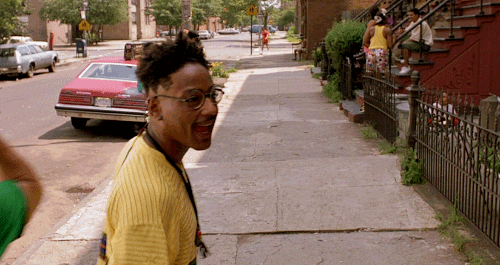
As arguably the most important movie of 1989, it’s still a shame that Do the Right Thing never got the awards recognition that it deserved. While the film originally drew controversy for the way that it realistically depicted simmering race relations throughout the decade, it has aged remarkably well. In fact, Do the Right Thing is certainly more impactful now than when it was released three decades ago. It’s hard to further praise a film that has already seen universal acclaim for its cultural significance. There’s no doubt that Do the Right Thing is a necessary movie, especially in our current social and political climate.
-
'Dead Poets Society'
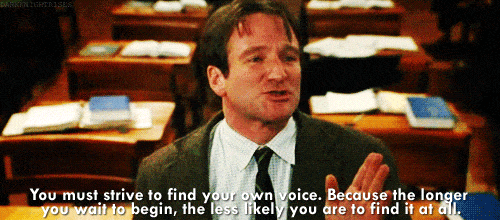
As the fifth-highest grossing film of 1989, Dead Poets Society was an unexpected win for Disney. Although the film is a fictional story, Robin Williams’ character was based on a former teacher of screenwriter Tom Schulman. Led by a whimsical, yet compelling, performance by Williams, Dead Poet’s Society marked a shift toward strong dramatic material for the legendary comedian. As a result, the film also marked his first Oscar nomination for Best Actor. While Do The Right Thing probably should have been nominated for Best Picture over Dead Poets Society, that also shouldn’t discount how entertaining the latter is. Funny, challenging, and gracefully crafted, Dead Poets Society is ultimately a heartwarming tale about “carpe diem.”
-
'Born on the Forth of July'
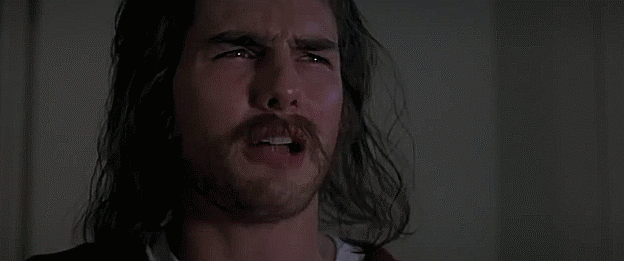
Although Born on the Fourth of July is often overshadowed by Oliver Stone’s previous effort, Platoon, it’s equally as excellent. As the second entry in Stone’s Vietnam War trilogy, Born on the Fourth of July was based on the real-life story of soldier turned anti-war peace activist Ron Kovic. The film not only earned Tom Cruise his first Best Actor nomination at the Oscars, but it also awarded Stone the second directing statue of his career. Anchored by an incredibly dedicated dramatic performance from Cruise, Born on the Fourth of July still remains an important and heartbreaking tale about the psychological effects of war on patriotic American soldiers after they return home.
-
'The Abyss'
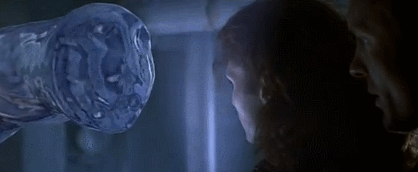
Especially within James Cameron’s career, The Abyss is a bit of an oddity. It was the type of hellacious production that Cameron and the cast admitted that they would never want to replicate. Despite the extensive production difficulties, it’s easily the most contemplative film that Cameron has ever made. Moreover, the functional practicality of The Abyss is still stunning. While the director’s cut of the film is far more effective than the theatrical cut, it’s a classic that never quite gets the love it deserves.
-
'When Harry Met Sally'
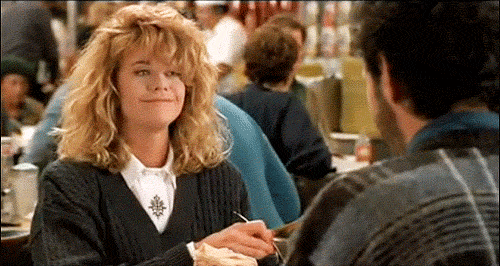
Even 30 years after its release, When Harry Met Sally is still a relevant romantic comedy. In fact, it might even be timeless. The film is the big breakout of screenwriter Nora Ephron’s career, which was inspired by director Rob Reiner’s return to single life after a divorce. In many ways, When Harry Met Sally still serves as an influential predecessor to some of the best romantic comedies of the next three decades, such as Richard Linklater’s Before trilogy. While the film certainly follows Harry more than it does Sally, it’s also the rare film from the '80s to properly capture a female perspective in a romantic comedy. Anchored by a duo of leading performances from Billy Crystal and Meg Ryan, When Harry Met Sally is still as funny as it is poignant.
-
'The Little Mermaid'

While Walt Disney Animation had been in dire creative straights throughout the previous two decades, The Little Mermaid turned everything around for the company. It may not be the most distinguished film of the Disney renaissance era, but there’s no doubt that the 1989 animated classic started it. Not only did The Little Mermaid re-establish profitability for Disney at one of their lowest points, but it also saw the company telling their first fairy tale since 1959’s Sleeping Beauty. More importantly, it also brought back musical elements into Disney films, eventually winning Oscars for best score and best song. In many ways, The Little Mermaid sparked the reemergence of these two elements in their films for the years to come, thus paving the way for many of the animated classics that would follow.
